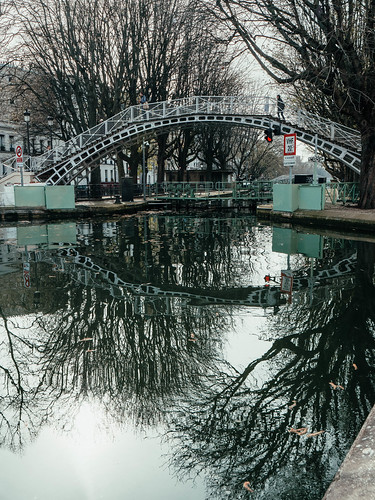I’ve posted a few times over the years about a trip I made with my partner to Leipzig in East Germany back in 1984, and I confess that the now-defunct country retains a kind of fascination for me. My rather banal judgement then and now is that the country, though marked by annoying shortages and inefficiencies, had a standard of living sufficient to give people an acceptable life in material terms, but that its lack of freedom, political repression, retention of its population by coercion were all unacceptable. I recently revisited an exchange I had with Tyler Cowen, 17 years ago, and I still think I was basically right and find it ironic that it was me, the leftist, championing freedom against the “libertarian” fixated on living standards.
I’ve just read Katja Hoyer’s wonderful Beyond the Wall: East Germany 1949-1990, which I would recommend to just about anyone. She traces the DDR from its origins to the fall of the Berlin Wall. The people who initially led the country were, of course, communists. But Hoyer reminds us that they were communists of a particular kind: the exiles who were left after Stalin had murdered most of them (he killed more of the German communist leadership than Hitler did). As such, they were cautious and conformist to a fault, and unlikely to strike out independently. They were also leading a ruined society, occupied by Soviet troops, with few natural resources and where, in contrast to the West, the victorious occupying power indulged in reparatory plunder rather than development aid. It was also a society initially seen as provisional, pending unification, and Hoyer argues convicingly that Stalin’s offer of a neutral unified Germany in 1952 as a means of preventing a NATO-aligned West Germany was sincere (though unlikely to succeed).
[click to continue…]




